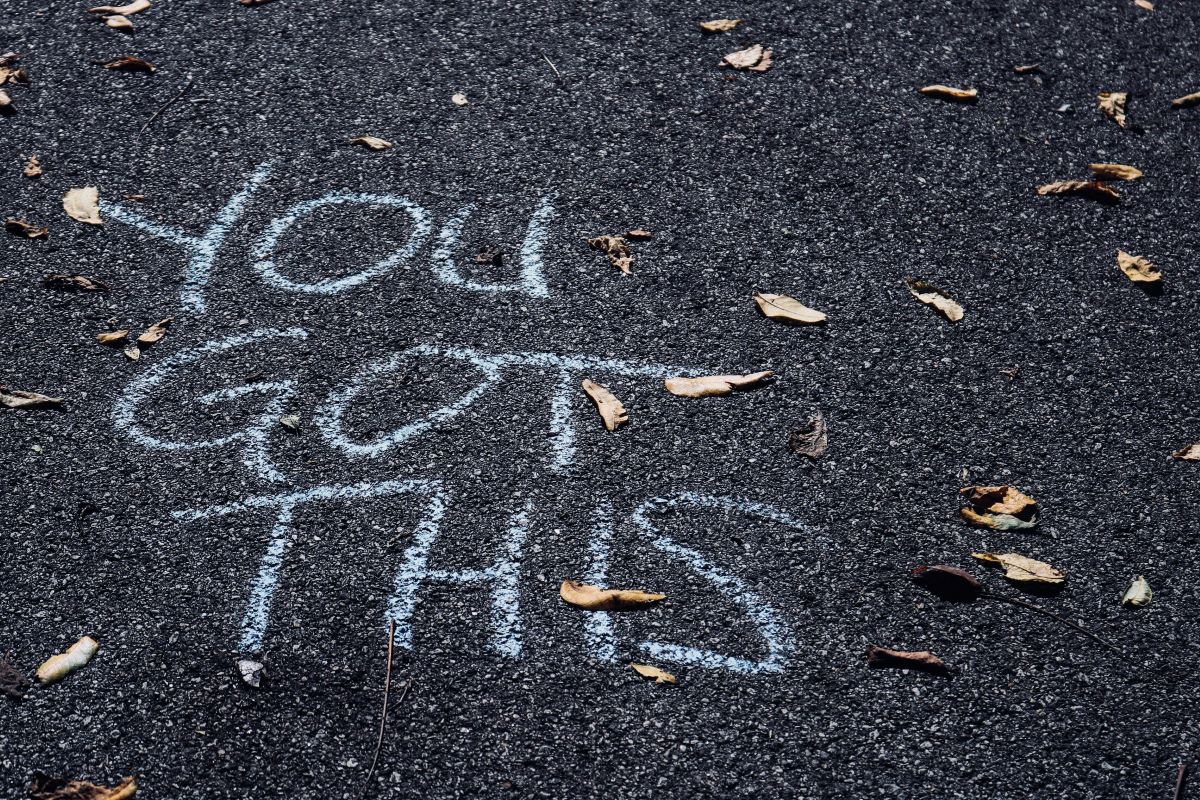
|
Oprah interviewed over 37,000 people during her 20-year stint as the host of The Oprah Winfrey Show.
During that time, she bore witness to their vulnerability. In her words, “Everybody that I had on the show, at the end of the show, whispered to me something like, ‘Was that OK?’” She reflected, “What people were really saying was: ‘Did you hear me, did you see me, and did I say anything that mattered?’” And that’s an essential role for mentors – help mentees feel validated. What does it mean to feel validated? To be accepted. To affirm that we didn’t embarrass ourselves and that we met expectations. Sometimes, however, mentees might feel invalidated if we inadvertently:
So what? Well, if we neglect to help our mentees feel validated, we risk being unable to influence and mentor them. Validation fuels contributions and compassion. It creates psychological safety for our mentees, allowing them to explore and grow while it strengthens our humanity. How can mentors help mentees feel validated? Intentionally.
Even United Airlines CEO Scott Kirby deployed validation in a message he sent to all employees this week. After a recent barrage of weather-related flight cancellations, Kirby expressed his gratitude for “the incredible work” they did “under unprecedented challenges.” He acknowledged, “I know it was very tough on each of you.” And then he ended with, “But I want you to know that I’m proud of you.” We all share a deeply-rooted need to feel validated, to be seen and heard, to know that we matter. In the Zulu tribe, “sawubona” is the most common greeting. Translated, it means, “I see you, you are important to me, and I value you.” © 2023. Ann Tardy and MentorLead. www.mentorlead.com. All Rights Reserved. |
